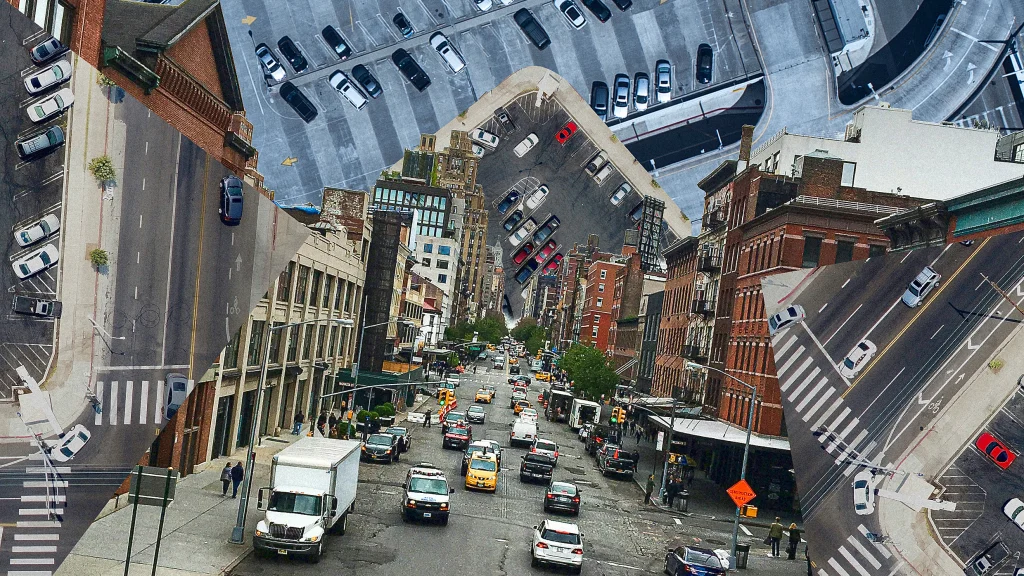
"Every time a road is widened, space for people walking, rolling, and riding bikes shrinks. Intersections balloon, making crossings longer and more dangerous. Parking garages devour valuable land."
"Cars are large objects that sit idle 95% of the time—and when cities prioritize motor vehicles over everything else, it's inevitable that housing, parks, and commerce get squeezed out."
Most American cities prioritize personal vehicles, creating automobile storage centers that negatively affect livability and space for pedestrians and cyclists. These cities have insufficient room for all households to keep multiple vehicles. When roads are widened, it leads to more dangerous and inconvenient pedestrian crossings while simultaneously reducing space for parks and housing. Buildings and infrastructure focused on accommodating cars contribute to urban congestion, making cities less desirable for living and community engagement. Ultimately, expanding roads does not solve congestion issues, but rather exacerbates problems related to urban design and quality of life.
Read at Fast Company
Unable to calculate read time
Collection
[
|
...
]